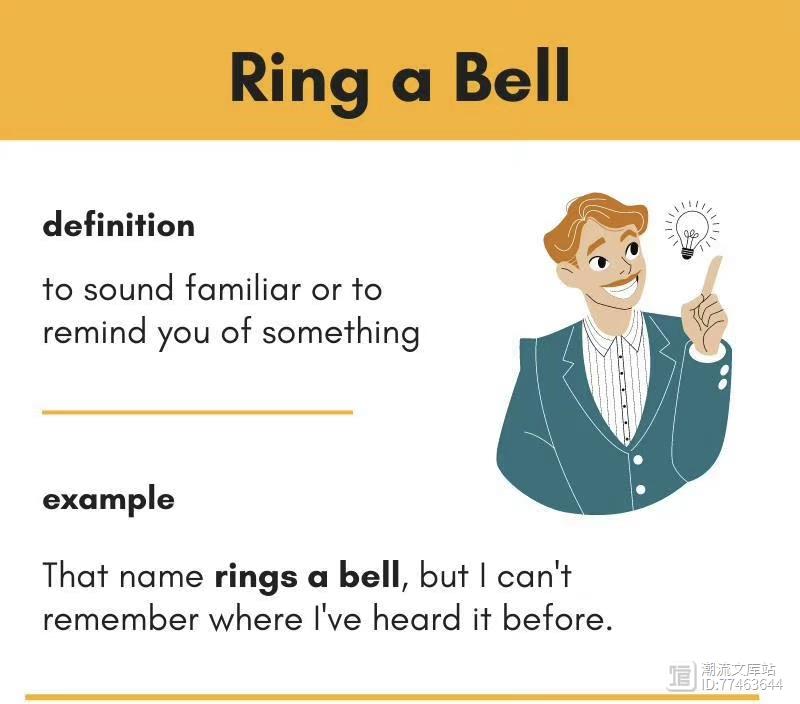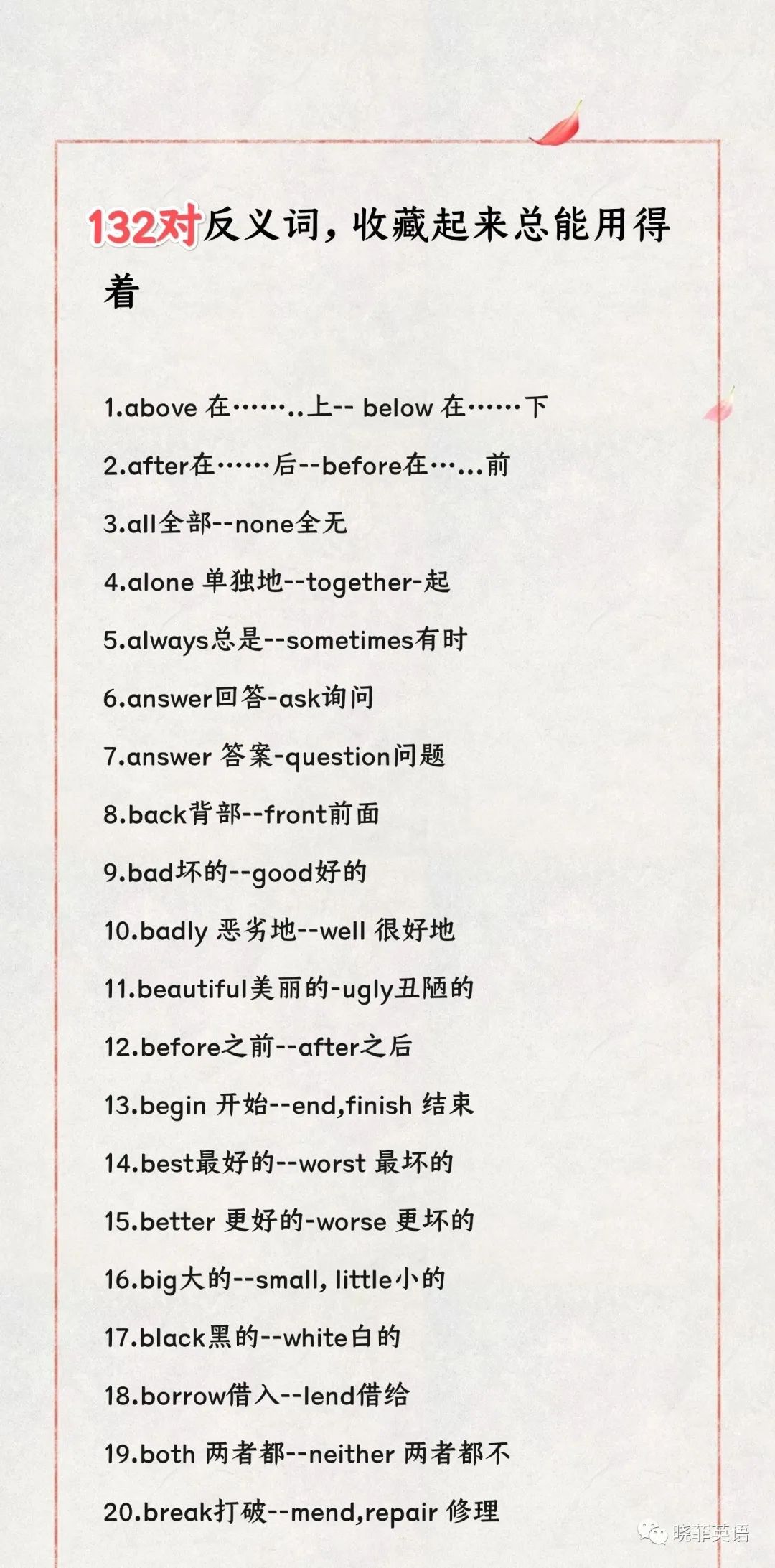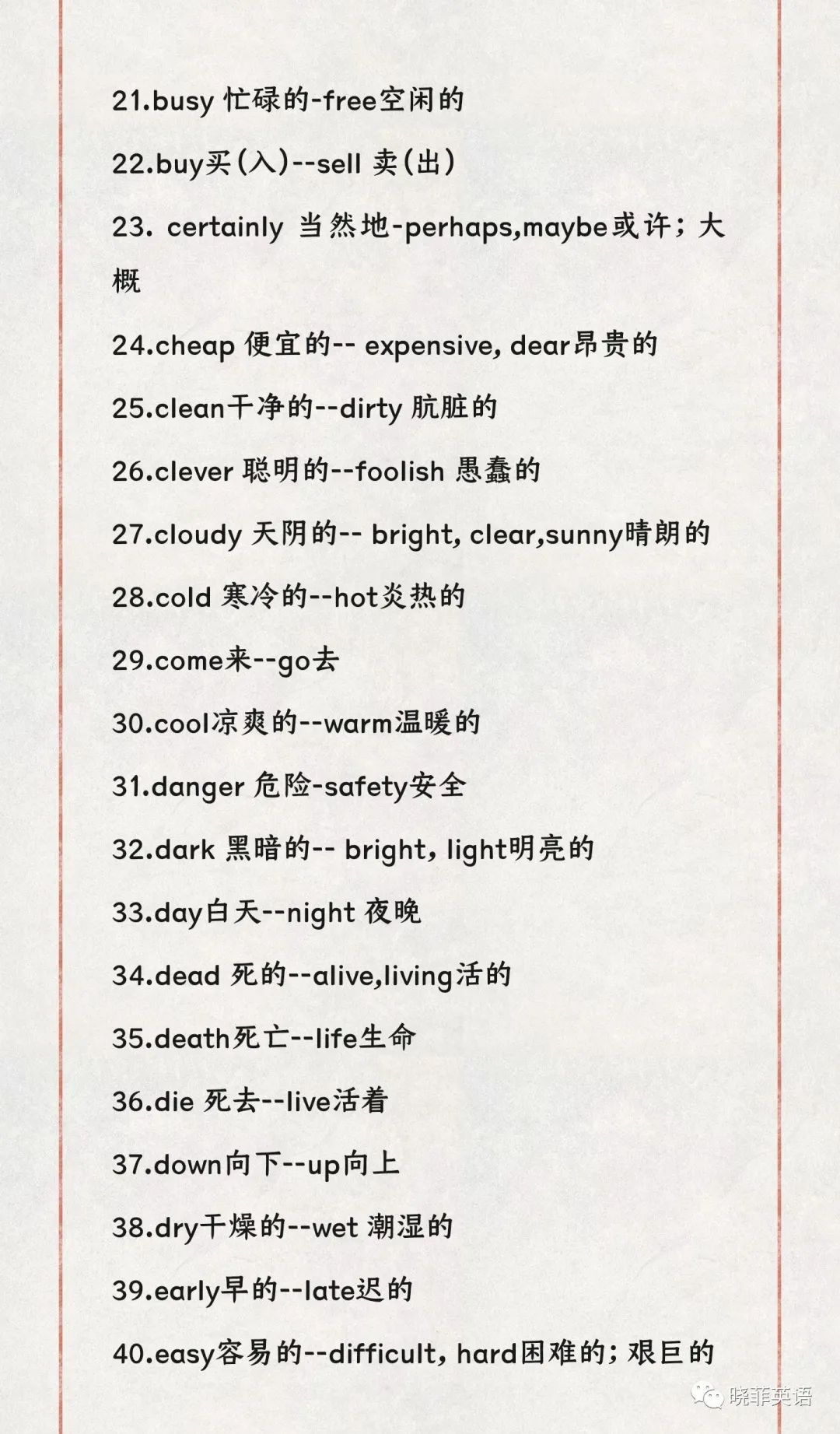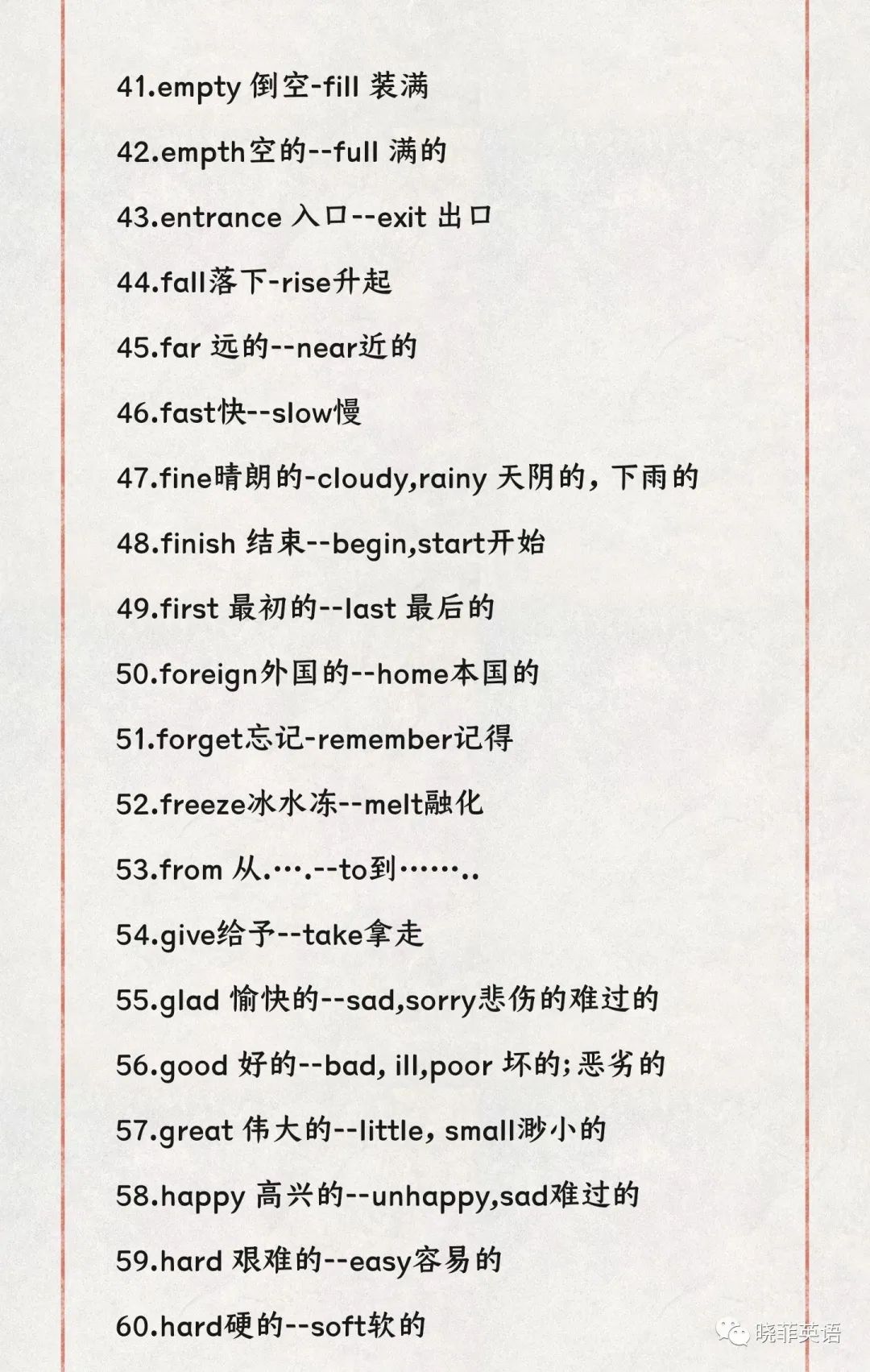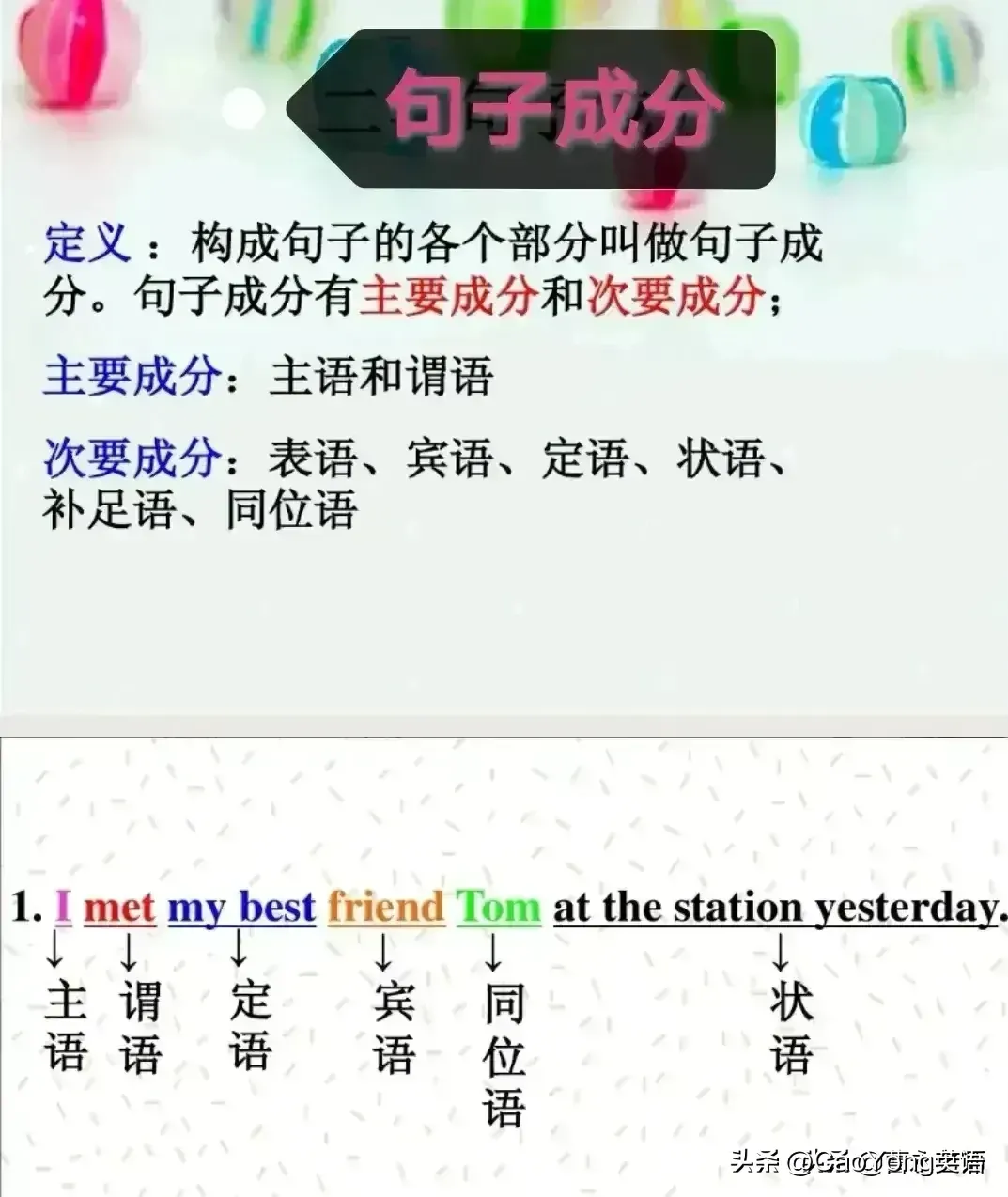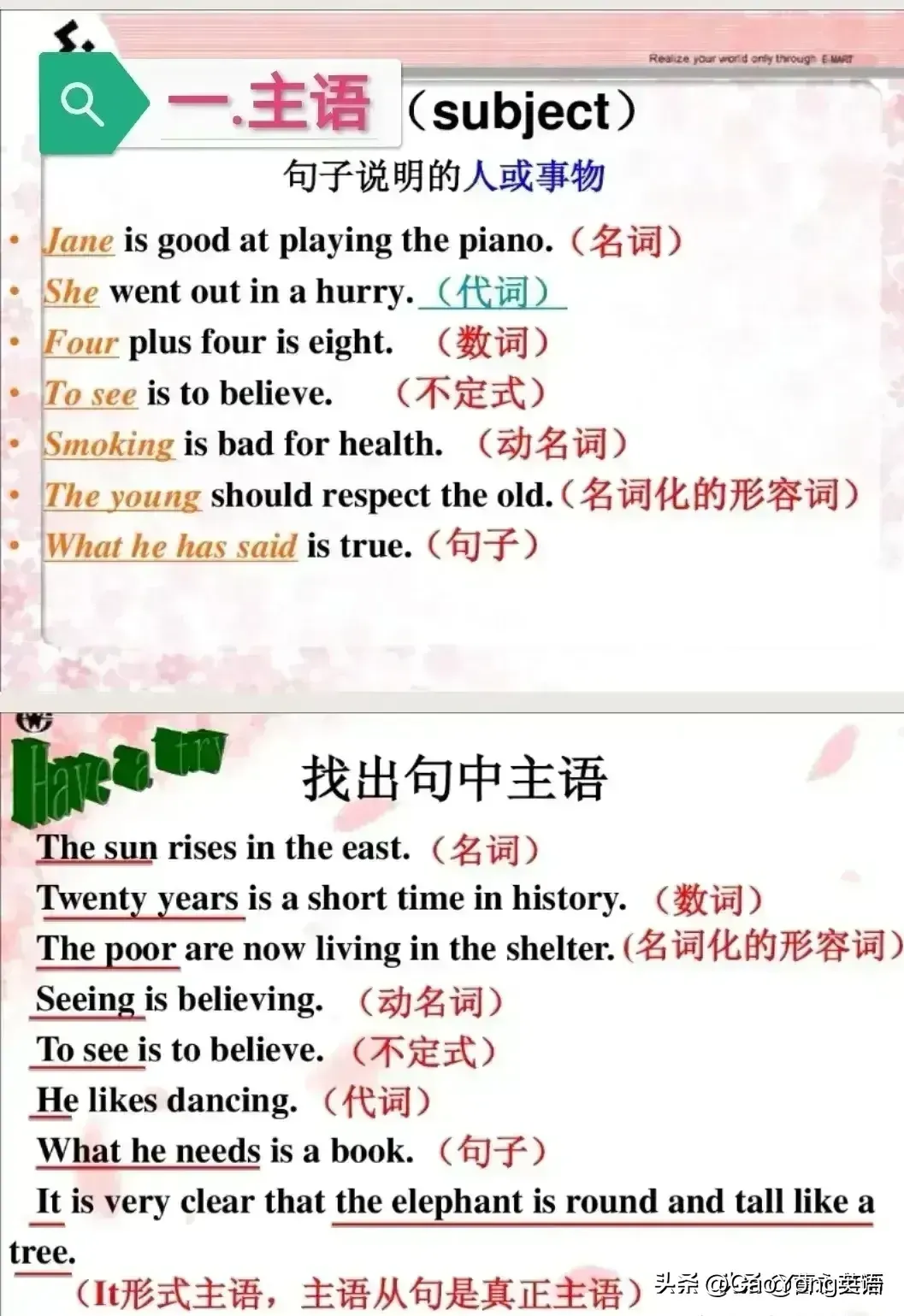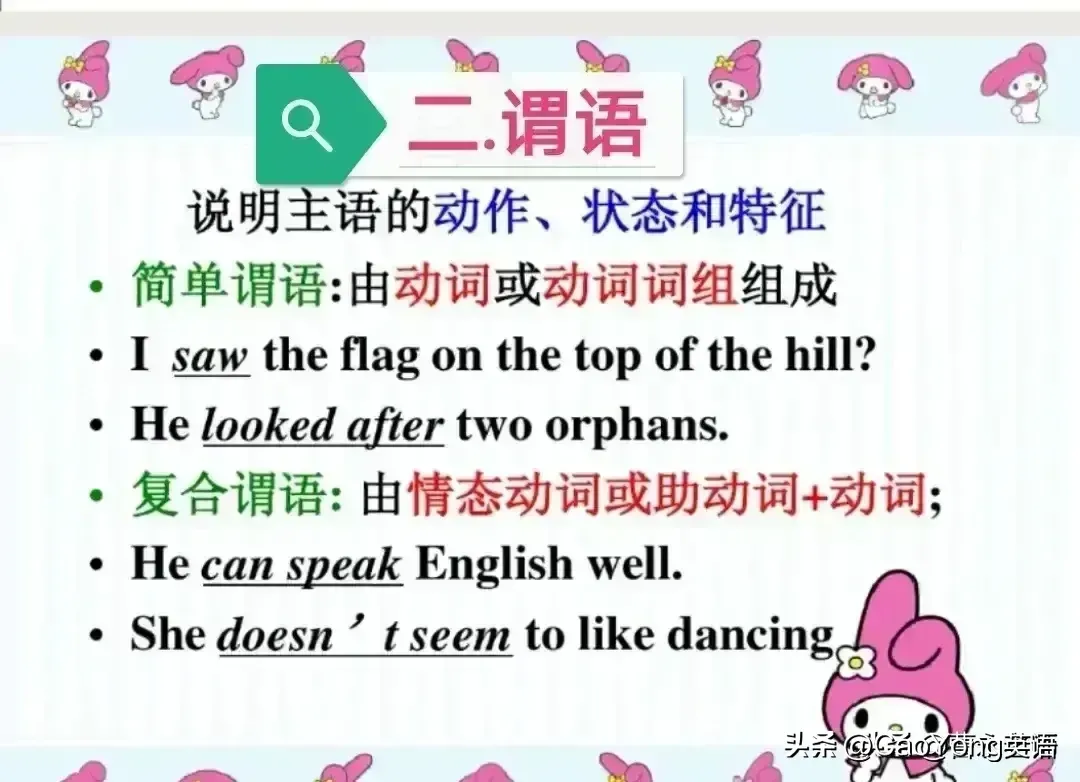"找人"的七种说法

中文的"找你"分成好几种情况:
"我找到你了(谢天谢地!)"
"有人找你(你有空见他吗?)"
"大家都在找你(你跑哪去了?)"
"我得找你一下(我们需要谈谈!)"
"电话上有人找你(你过来接一下!)"
…

今天我们来学习一下这些该怎么说!

"找你"的各种说法
❶ 我有事找你
"我有事找你"的言下之意就是"我们需要谈谈!",所以,最常用的就是 talk:
We need/have to talk / a talk.
I need to talk to you.

△Groundhog Day (《土拨鼠之日》)

❷ 没事,就想找你玩儿!
没啥事,上门闲聊,喝茶的可以用 come over (到访):
Can I come over (to your house)? (我能上你家找你 / 坐坐吗?)
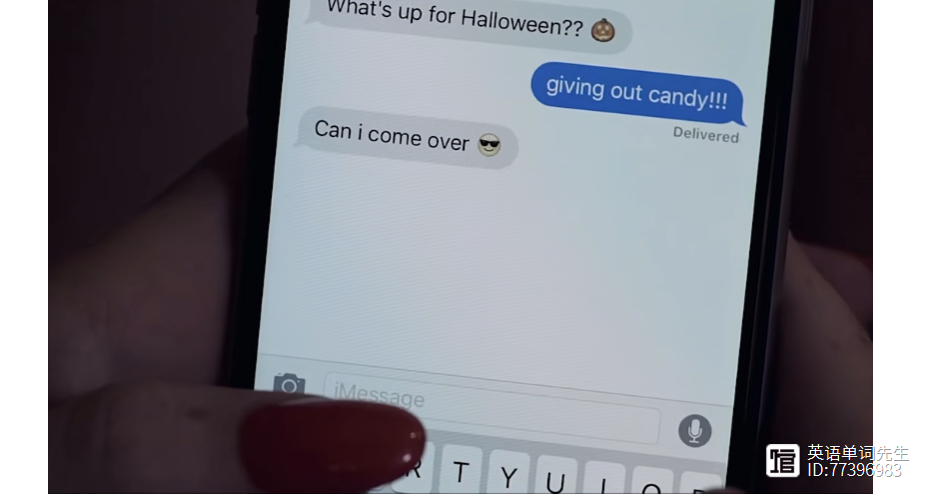


❸ 没事,我就来找你,别怕!
闺蜜和男友分手了,在家里哭的一塌糊涂,打电话向你倾诉:

你暖暖的回一句:I am coming for you. 意思就是"没事,我马上到"。当然,这个句子用不同的语气也有不同的 效果,比如收到对方挑衅,你回一句I am coming for you.意思就是"你给我等着,我马上去教训你!"再加个语气坚定的 definitely,更有威慑力:

△John Wick (《疾速追杀》)
❹ 我要找你们经理!
不满意餐厅服务,想找经理理论,可以说:I want / would like to speak to your manager.

或者 Can I speak to someone in charge? (我能找你们负责人吗?)
如果有事相求,登门拜访,可以说:
Is the manager available now? (经理有空吗?)
❺ 有人电话找你。
There is a call for you.
There's someone on the phone for you.
You are wanted on the phone.
更简单的是指着电话说:
It's for you.

△Waterloo Bridge (《魂断蓝桥》)

△Sleepless in Seattle (《西雅图夜未眠》)
❻ 我到处在找你,你死哪去了?
这里的"找"当然就是指"寻找",所以要用到 look for 这个短语:
I am looking for you everywhere. Where have you been?

△你能来接我吗?我好害怕!
❼ 老板找你!
上级对下级,长辈对晚辈,语气较直接,无需客套,言简意赅,用 see,如:The boss wants to see you. (老板找你,你快点儿!)


~ END ~
- 0000
- 00012
- 0000
- 0001
- 0000

